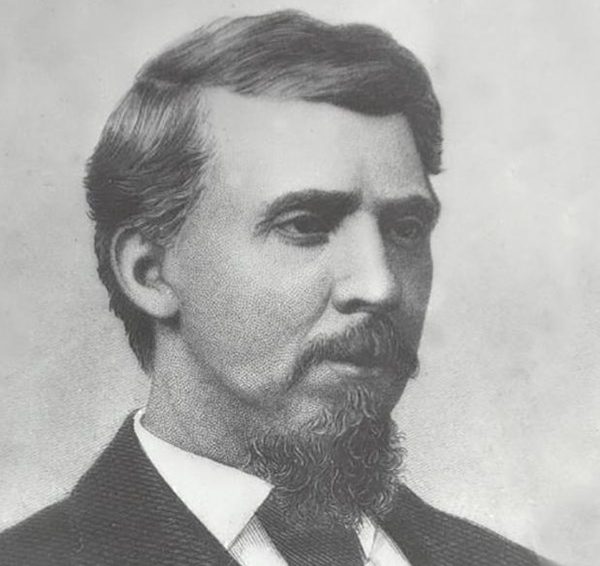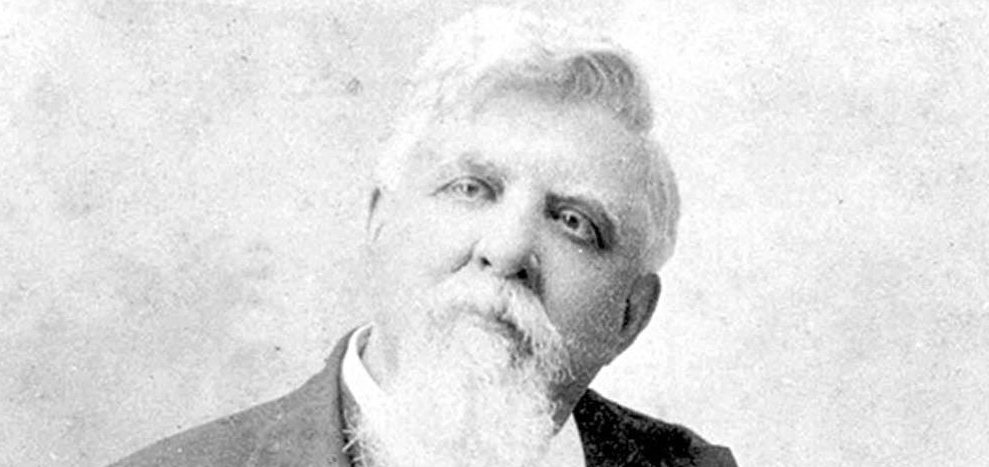Isaac Parker is the judge who offers the job of a deputy marshal to Bass Reeves in Paramount+’s Western series ‘Lawmen: Bass Reeves.’ In the third episode of the show, Parker warns Bass about the difficulties of his job using the example of Sherrill Lynn. When Bass makes it clear that he has the gut, heart, and courage to do it, Parker holds the Bible for the former to swear in as a lawman. The character of Parker is based on a real judge who played an integral part in the selection of Bass as a deputy marshal. Donald Sutherland‘s character inspired us to find out more about his life and how he died!
The Hanging Judge
Isaac Parker was born on October 15, 1838, in Barnesville, Ohio. He was the great-nephew of Ohio Governor Wilson Shannon, who employed him when he became a lawyer. By 1862, Parker opened his own law firm. His political career began with getting elected as the city attorney for St. Joseph as a Democrat. When the Civil War broke out, he joined the Union forces and eventually became a corporal. After parting ways with the Democratic Party, he joined the Republican Party and got elected to the House of Representatives from Missouri.

In 1975, after the conclusion of his tenure in Congress, Parker became the Judge of the District Court for the Western District of Arkansas, nominated by then-President Ulysses S. Grant. Parker then appointed James F. Fagan as the marshal and directed the latter to select two hundred deputy marshals, which paved the way for the selection of Bass, mainly to safeguard the Indian Territory. His first session in the court was nothing short of noteworthy. He tried eighteen men charged with murder and sentenced eight of them to death. The judge even ordered the execution of the six of them to happen at the same time.
One of the high-profile criminals Parker tried is Crawford Goldsby AKA Cherokee Bill, an outlaw who was feared in the Indian Territory for decades. Parker was the judge who sentenced Bill to death for him to get executed in 1896. Soon, Parker became known as the Hanging Judge due to his verdicts with death sentences. During his tenure, he reportedly sentenced 160 convicts to death, out of which 79 were executed. Overall, he tried 13,490 criminals between 1875 to 1896, which resulted in over 8,500 convictions. Parker had a very rigid view concerning the implementation of the law.
“I have ever had the single aim of justice in view… ‘Do equal and exact justice,’ is my motto, and I have often said to the grand jury, ‘Permit no innocent man to be punished, but let no guilty man escape,'” Parker said about his fundamental belief concerning justice, as per National Park Service. Despite gaining fame as the “Hanging Judge,” Parker voiced against capital punishment. “I favor the abolition of capital punishment, too, provided, that there is a certainty of punishment, whatever that punishment may be. In the uncertainty of punishment following crime lies the weakness of our ‘halting crime,’” he said in an 1896 interview.
Judge Isaac Parker’s Death
Judge Isaac Parker died on November 17, 1896, aged 58. He passed away after battling with Bright’s disease, which caused his death along with several other health conditions, including heart degeneration. Parker died in his house before officially putting an end to his career as a federal judge. “I have not been sick for forty-five years,” he said in the same 1896 interview, which was given a short period before his death. His funeral was held in Fort Smith with a then-record number of attendees. Parker is buried in Fort Smith National Cemetery.

During his final days, Parker believed that he was the “most misunderstood and misrepresented of men.” “Misrepresented because misunderstood. But not withstanding that, we are proud of the record of the court at Fort Smith. We believe we have checked a flood of crime. […] People have said to me ‘You are the judge who has hung so many men,’ and I always answer: ‘It is not I who has hung them. I never hung a man. It is the law,’” he added.
Read More: Bass Reeves: Was He a Confederate Soldier? Was He the Lone Ranger?


You must be logged in to post a comment.